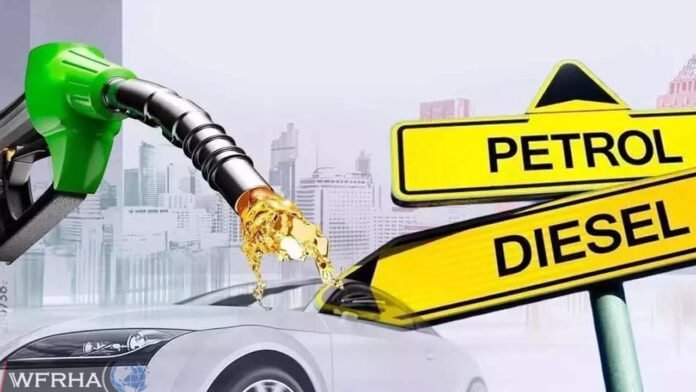The federal budget has proposed a major increase in the Petrol and Diesel levy of 20 rupees per liter. This is expected to generate an additional revenue of Rs1,281. Billion during the next fiscal year. However, to ease the immediate financial burden on the public. The government plans to implement this levy step by step.
The suggested changes in the levy are quite specific. Regardless, the idea is to raise the duty on petroleum and diesel from Rs60 per liter to Rs80 per liter. Similarly, light diesel oil (LDO), high octane. And E10 gasoline may see their levies rise from Rs50 to Rs75 per liter. The idea behind this approach is to make the transition easier for people.And businesses who need some adjustment period with a new pricing structure.
Governments worldwide impose many types of taxes. which are often considered regressive.Because they disproportionately affect poor people more than rich ones—especially. When they heavily tax necessities like cooking or heating homes. Governments need more money nowadays due to increased expenditure requirements for development projects. Therefore, they target lucrative sectors such as the petroleum industry. Where consumption rates are very high. Governments aim to realize significant amounts of revenue by increasing taxes on petroleum. Thereby enhancing fiscal capacity.
This move could also form a wider strategy to address our country’s economic challenges today. Given rising global oil prices coupled with widening fiscal deficits. Governments must find alternative sources of income without hurting the economy too much. Therefore, a gradual increment in levies seems balanced enough since it ensures revenue realization. Targets while giving the economy sufficient time to adapt accordingly.
However, critics argue against proposed levies hikes. One major concern is inflationary effects, which might result from higher costs associated with transportation manufacturing, among other sectors that rely heavily on petroleum products as inputs. Such an increase could trigger price hikes across the board for goods and services. Eroding consumers’ purchasing power and making life more expensive.
The government’s phased approach is important in dealing with these issues; spreading increases. Over longer periods helps cushion immediate shocks to the economy and individuals. This allows for changes in pricing mechanisms, wage structures, etc., which can absorb the impact of increased levies through gradual implementation.
While it seeks to boost government revenue and address economic challenges. Its phased implementation will be key to managing its impact on the economy and the general public. The government hopes that balancing between inflating revenues and mitigating inflation while supporting vulnerable populations .During such times would help navigate the complexities involved in this fiscal strategy.


